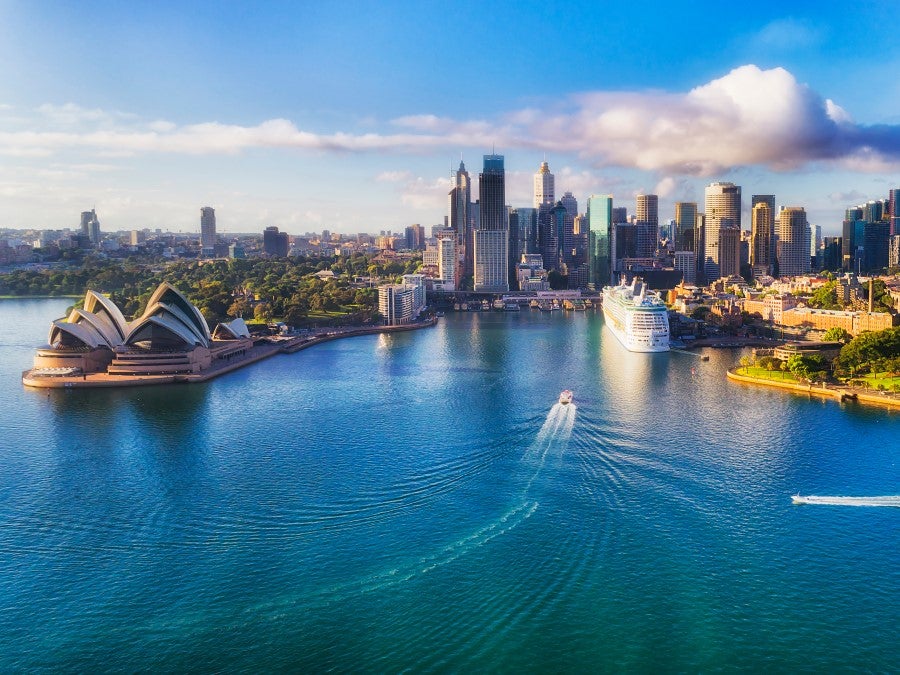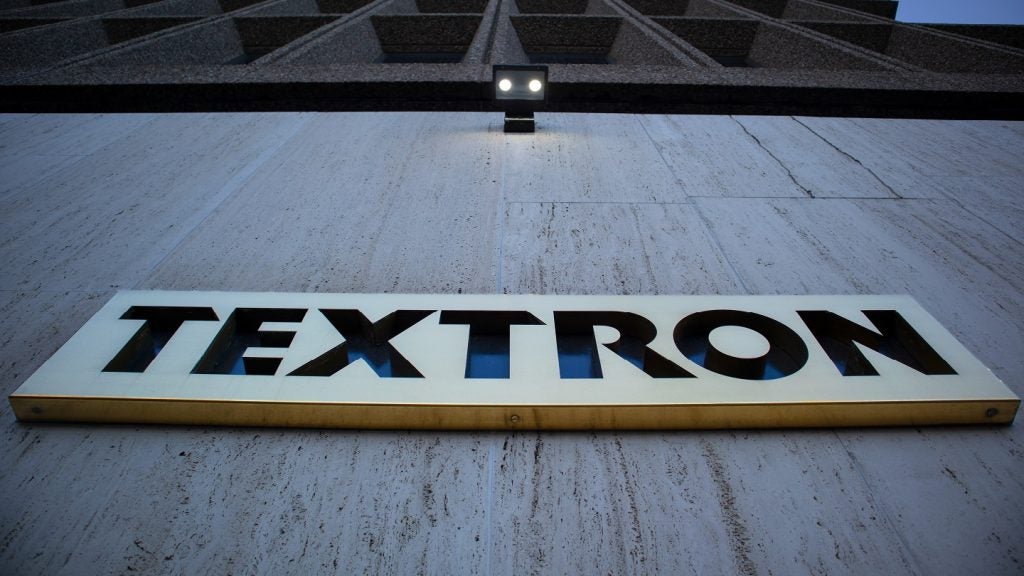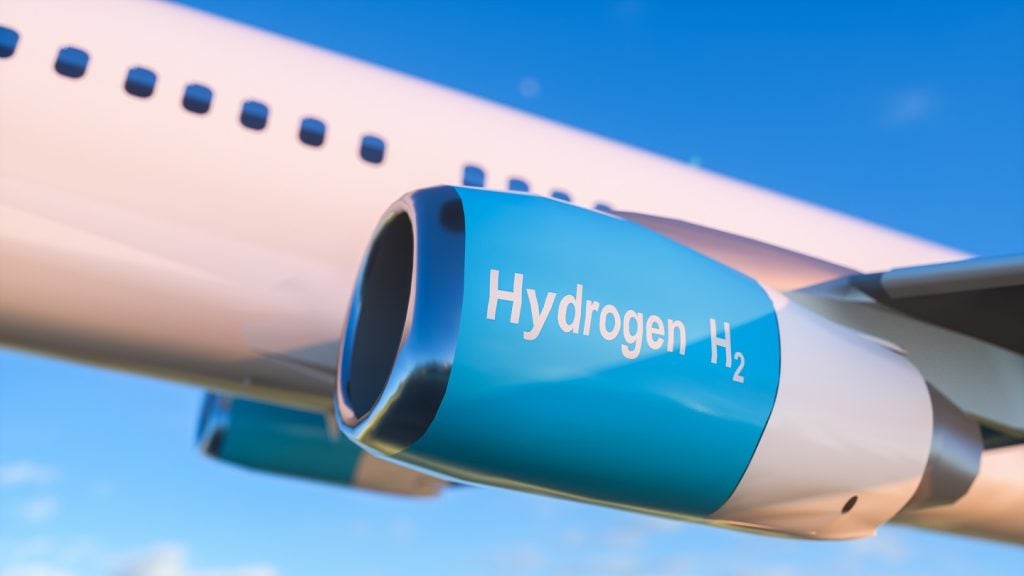Australia is welcoming travellers as the country reopens its borders for the first time in nearly two years. However, a sudden recovery seems unlikely given the turbulent climate in the travel industry.
GlobalData’s Tourism Demands and Flows Database shows that in 2019, Australia received 9.5 million international visitors. Unfortunately, due to the Covid-19 pandemic, this fell to just 2.1 million international visitors in 2020. Finally, after almost two years of near-total closure to tourists, most of the nation opened to fully vaccinated arrivals from overseas at midnight local time on February 21, 2022. While this is a step in the right direction, Australia’s tourism industry still has a long journey ahead before it can recover from the impacts of the pandemic.
Even with ad campaigns, tourism recovery will take time
Australia’s trade, tourism and investment minister Dan Tehan said the return of international arrivals is an important step in Australia’s Covid-19 recovery process. But on the first day, the traditional Sydney locations for overseas travellers – the Opera House and Darling Harbor – were almost empty. The tourism authorities have launched a multi-million-dollar campaign to try to entice visitors back. For example, in the UK, giant illuminated adverts were shown at Piccadilly Circus in London. Although this will help raise awareness and tap into pent-up demand, consumer sentiment is still somewhat precarious. GlobalData’s Q4 2021 consumer survey question ‘How concerned are you about the impact of Covid-19 pandemic in general?’ saw 71% of responses as either ‘Extremely concerned’ or ‘Quite concerned’.
Undoubtedly, people with family connections will want to get back to Australia. However, the timing is awkward: it’s late summer in Sydney. Within a month the southern states of Victoria and Tasmania will be heading into autumn and winter. As a result, many tourists will want to postpone their journeys until the last couple of months of 2022, suggesting that the uptake on inbound tourism will be slow over the next six to nine months.
Strict requirements could further delay Australia’s recovery
Australia’s largest state, Western Australia, has pursued an isolationist policy for many months. A reopening planned for other Australians earlier this month was postponed because of fears surrounding the Omicron variant of Covid-19, causing additional concern amongst potential inbound travellers.
See Also:
While fully vaccinated visitors do not need to quarantine, unvaccinated travellers must do so in a hotel for up to 14 days at their own expense, which will be a significant deterrent to some travellers. Further requirements are on long-haul flights, where passengers are required to wear a mask while on board unless actively eating or drinking. In addition, most airports enforce passengers to wear a mask, resulting in some travellers wearing a mask for up to 24 hours due to the distance, which could be particularly uncomfortable. As a result of these restrictions, Australia’s tourism has a way to go before it fully recovers to pre-pandemic levels. Tourism companies and marketing organisations in Australia now face a battle, as many other destinations have gained a competitive advantage by opening up their borders earlier. Luckily though, Australia has a strong offering, so it does stand a chance of its tourism industry recovering well.
How well do you really know your competitors?
Access the most comprehensive Company Profiles on the market, powered by GlobalData. Save hours of research. Gain competitive edge.

Thank you!
Your download email will arrive shortly
Not ready to buy yet? Download a free sample
We are confident about the unique quality of our Company Profiles. However, we want you to make the most beneficial decision for your business, so we offer a free sample that you can download by submitting the below form
By GlobalData









Related Company Profiles
Omicron Holding GmbH